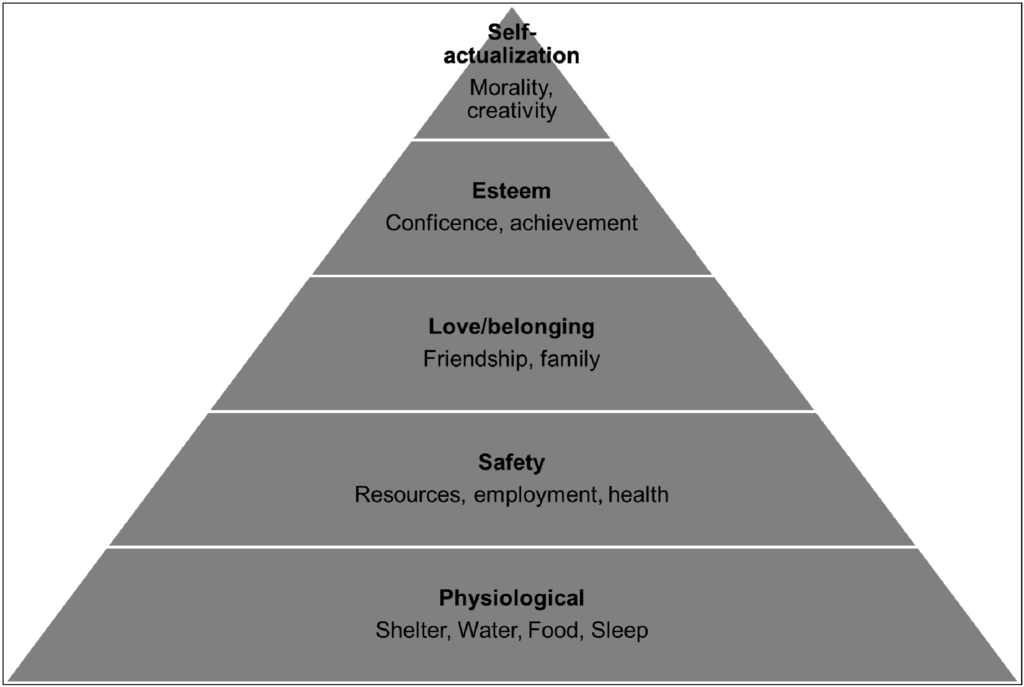


This performativity stunts the growth of both the clinician and the supervisor and leaves the truth and grit of clinical work outside of the supervision room. While preparedness for supervision makes sense, as does adherence to agency modalities, these constructs can render supervision inauthentic and performative.
Clinical social work journal how to#
For example, if an agency strictly practices and bills for trauma focused cognitive behavioral therapy (TF-CBT), then most of the questions will be about how to use this technique and how to get clients to become more responsive to the technique. Supervisees also feel responsible for presenting the ways in which they are smoothly adhering to the agency’s treatment modality. Supervisees often feel pressured to come to supervision prepared with a set of questions in order to support the efficacy of the meeting. Amidst this depletion and deadening, supervisees tend to put their needs aside in the hopes of making everyone’s job easier, avoiding the obstructive role of the squeaky/needy wheel. This deadening leads to supervision that is largely superficial, thereby neglecting the depth of the clinical work. Pressures for precise paperwork, audits by insurance companies, and high caseloads leave supervisors depleted and supervision deadened. No one wants supervision to become mediocre, but it is hard to keep it alive. There is the over-burdened supervisor, the chaotic agency setting, and the supervisee who is inhibited about clearly articulating needs. The forces that underlie mediocre supervision are intricately intertwined. Mediocre supervision is, first and foremost, co-created. There is also a lot of mediocre supervision that happens, and that is a fact that must be examined. I say it that plainly because there is a lot of good supervision that happens. Given this inarguable level of import, let’s talk about what makes supervision good and what makes supervision bad. Supervision ought to be where wisdom is shared, clinical voices are cultivated, and cases are conceptualized.


Supervision is actually the underlying life force that keeps our field ethical, evolving, and intentional. For supervisors and supervisees alike, the need to honor the supervision process is vital. Thus, supervision has lost its sacred standing in our field.Īlthough there might be a dwindling focus on the essential nature of supervision, that does not change the sheer necessity of it. The multiple pressures on all social workers has forced dedicated clinical supervision to fall by the wayside. This is largely because the pressure of managed care and decreased agency funding has led many to use supervision as a space for the management of administrative tasks, reflecting the powerful scarcity of time and resources. Despite this reality, discussions on what constitutes “good” supervision are scant, at best. Given that it is impossible to advance one’s level of licensure without substantial supervision, the import of the subject of supervision is inarguable. Danna Bodenheimer, LCSW, author of Real World Clinical Social Work: Find Your Voice and Find Your Way and On Clinical Social Work: Meditations and Truths From the Field Which clients are you brushing your teeth with?īy Dr.


 0 kommentar(er)
0 kommentar(er)
